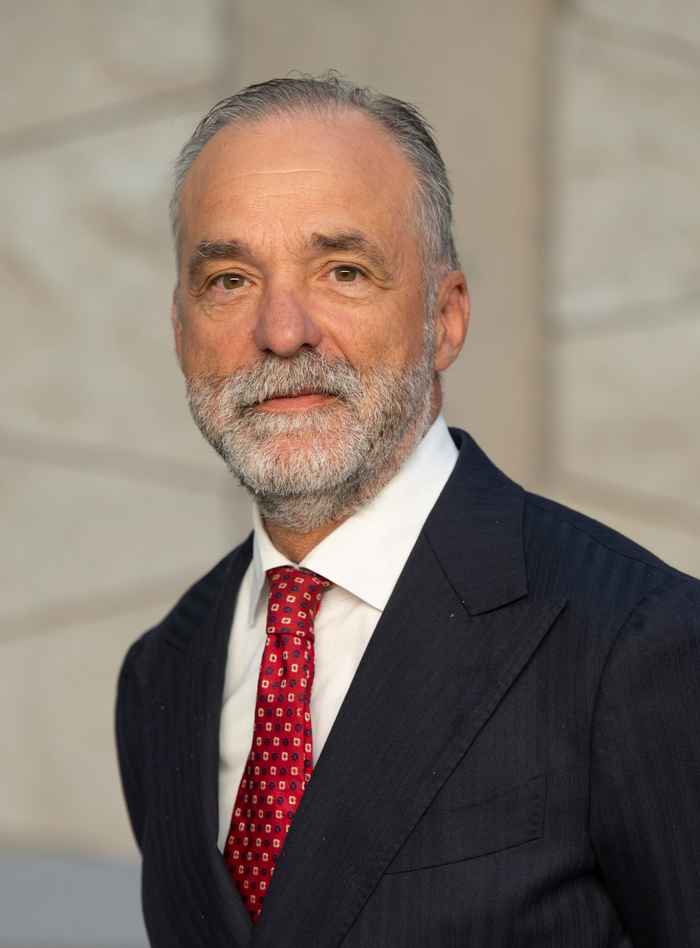Reflections on the NATO Summit: Interview with Mr. Thijs van der Plas
'Unity Is the crown jewel of our alliance'
2 July 2025

From your perspective, what issue seemed to resonate most strongly among member states during the summit in The Hague?
'What resonated most was the display of unity. In the run-up to the summit, there was disagreement on a new target for defense spending (5% of GDP). But in the end, all Allies agreed to the summit communiqué in which the 5% standard is enshrined. It is a historic achievement. And the fact that we were able to display unity is of vital importance. Unity is the crown jewel of our Alliance: it is crucial to project deterrence and to make clear to potential adversaries that we will react with resolve to any attack.'
Were there any developments or moments during the summit that surprised you, either diplomatically or strategically?
'The biggest surprise of this summit is probably that it all went so well. The leaders’ meeting was harmonious. President Trump was visibly content with the summit’s decision to raise defense spending. After all, it is his success: he has been the strongest advocate for Europe to share a bigger part of the defense burden.'
How would you characterize the overall mood of the summit?
'The overall mood was very positive. All 32 Allies realize that we took a landmark decision in The Hague. The 5% benchmark will be a North Star for years to come. At the same time, there are quite a number of European leaders who signed up to this obligation only reluctantly, because the financial burden is enormous and tough decisions lie ahead in all capitals. After all, there is no such thing as free money: in order to spend more on defense, you need to raise taxes or cut elsewhere in your budget.'
Without going into specifics, do you feel the alliance is adapting effectively to new and emerging challenges?
'The secret to NATO’s success for the last 76 years has been the fact that the Alliance has always been able to adapt to changing circumstances. We are right now in the middle of such a process of adaptation. From an Alliance that was primarily focused on crisis management and out-of-area operations, NATO is now reverting back to the classical task of collective defense. As it should, because we have Russia at our doorstep. And we see an emerging coalition of Russia, China, Iran, and North Korea: an axis of revisionism that challenges our values and our interests. NATO is also adapting to the battlefield of the future: we are learning the lessons of the Ukraine war so as to be better prepared for future conflicts, should they occur.'

ACES is funded by the European Union. Views and opinions expressed are however those of the author(s) only and do not necessarily reflect those of the European Union or the European Education and Culture Executive Agency (EACEA). Neither the European Union nor the granting authority can be held responsible for them.